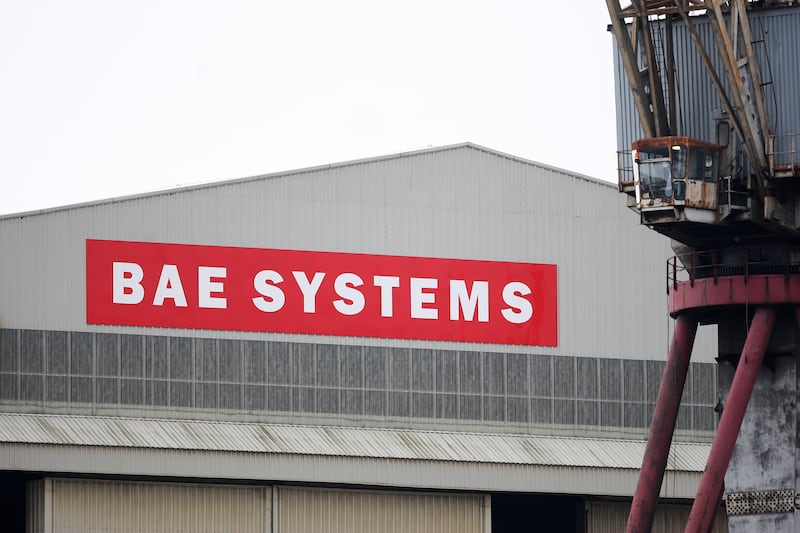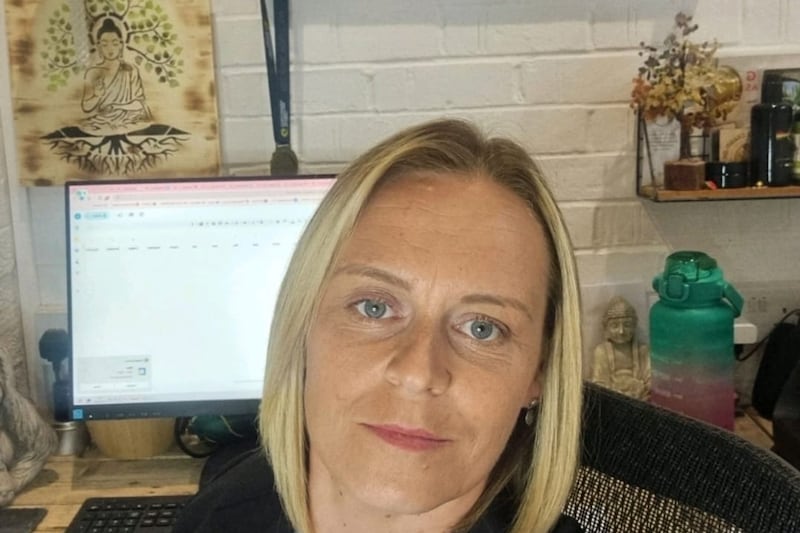Rishi Sunak has set out plans to support female entrepreneurs, cut red tape for businesses, and boost apprenticeships.
The Prime Minister said he wants the UK to be the “best place in the world” for women to start a business.
He also pledged to create up to 20,000 more apprenticeships with plans to fully fund training for young people.
Speaking at a business event in Coventry, Mr Sunak said: “Female founders receive just 2% of equity investment and that figure hasn’t budged in a decade.
“So, to change that, we’re announcing a new Invest In Women taskforce led by Hannah Bernard from Barclays and serial entrepreneur Debbie Wosskow. It’s going to raise a female-focused investment fund to address that gap directly.
“We’re going to make the UK the best place in the world to be a female founder.
“So, lower taxes, less admin, better access to finance – that’s how we’re backing our small businesses.”
The taskforce will seek to raise a bespoke funding pot for female founder teams, who have received only 2% of equity capital investment for the past 10 years.
Barclays head of business banking Ms Bernard, who will co-chair the panel, said it will address the “significantly higher barriers” female entrepreneurs face to get their businesses the support and investment they need.
The Prime Minister set out the package of reforms to “unlock a tidal wave of opportunity”.

Underpinned by £60 million of new investment for next year, the Government will pay the full cost of apprenticeships for under-21-year-olds in small businesses from April 1.
The move is aimed at reducing burdens for employers and providing more professional training places for young people.
Ministers will also raise the amount of funding that companies who are paying the Government’s apprenticeship levy can pass on to other businesses.
Business groups have long called for reforms to the levy – paid by large firms with the aim of creating more apprenticeship places – with millions of pounds said to be going unspent and returned to the Treasury every year.
The change means that, from April 6, businesses can share up to 50% of unspent funds, up from the 25% they are currently able to transfer to another employer.
Combined, the Government expects these policies to enable up to 20,000 more apprenticeships.
The Prime Minister also announced a 50% uplift to the thresholds that determine a company’s size, in a move he hopes will make 132,000 more businesses qualify as small and medium-sized enterprises (SMEs) and avoid non-financial reporting requirements.
Alongside measures to streamline reporting requirements, the reform, expected to come into effect in the autumn, could save thousands of UK SMEs around £150 million per year, according to the Government.

Business Secretary Kemi Badenoch said: “Almost every job in the UK is owed to what is, or what previously was, an SME. They are the engines of economic growth for this country.”
Shadow business secretary Jonathan Reynolds said: “After 14 years of Conservative economic failure, small business leaders tell us it is getting harder and harder to run a successful business.
“All this ongoing Conservative chaos comes with a cost, as under the Tories we have a seen a record high in the number of businesses having to close their doors for good.”









